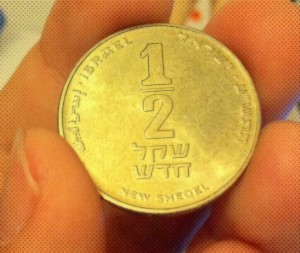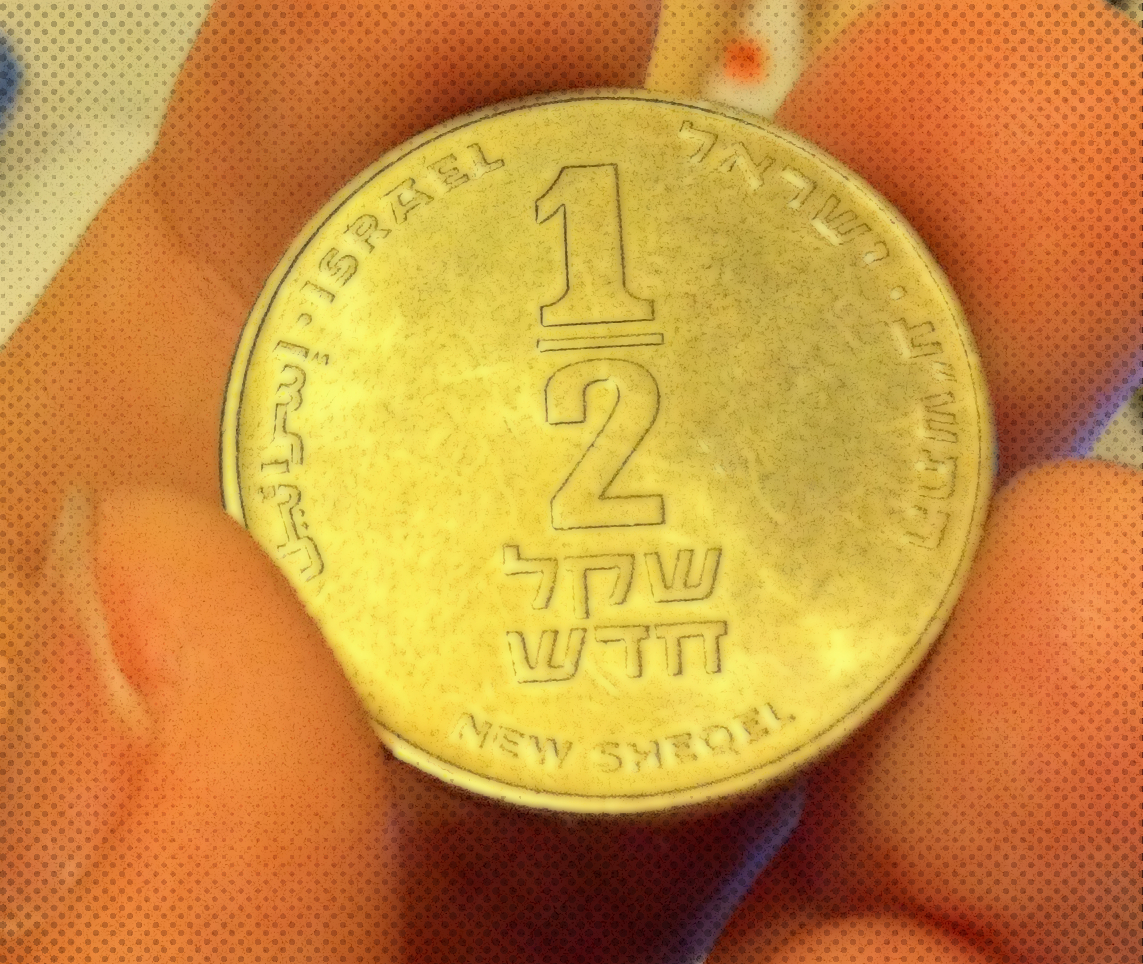 When it came to constructing the Tabernacle, everyone was invited to contribute as much as he wanted. Since not everyone has the same financial portfolio, it’s obvious that some people ended up giving more than others. In fact, we are told that the leaders of each tribe made a mistake. They said they would cover whatever was lacking, rather than giving immediately — and then the Bnei Yisrael gave more than was needed. This is why the leaders came at the end to bring the Shoham stones, the precious gems on the breastplate worn by the High Priest. Everything else had already been given!
When it came to constructing the Tabernacle, everyone was invited to contribute as much as he wanted. Since not everyone has the same financial portfolio, it’s obvious that some people ended up giving more than others. In fact, we are told that the leaders of each tribe made a mistake. They said they would cover whatever was lacking, rather than giving immediately — and then the Bnei Yisrael gave more than was needed. This is why the leaders came at the end to bring the Shoham stones, the precious gems on the breastplate worn by the High Priest. Everything else had already been given!
In this week’s reading, we find a different plan. For the annual upkeep of the Temple, each adult male gave a 1/2 shekel coin — exactly the same amount.
There is an obvious message here: every individual has something to contribute. Every member of the Jewish people is part of a greater whole, and no one should think he or she is irrelevant.
Our teacher R’ Shlomo Katz, in his HaMa’ayan class, points to a comment of R’ Moshe Feinstein zt”l. R’ Moshe says that a person can think that he doesn’t really know much, and can’t learn like a great scholar, so it doesn’t matter if he studies or not. He can think that he’s really not a powerful or influential person, so it doesn’t matter if he goes out of his way to do a good deed.
This, says R’ Moshe, is why the opening verse [Ex. 30:11] begins, “When you raise the heads of the Children of Israel according to their numbers…” By counting them, Moshe is told, you are raising their heads. Each person is significant, and has much to contribute. Each individual is obligated to learn and do good deeds, like everyone else. Tap your potential, and you’ll find you’ve been given more than you thought!





nice sentiment- does not seem to apply today-given the curent divisions
Shalom.
Thankyou for this inspiring message Rabbi Yaakov Menken, it was indeed a good one to hear. It seems that in these times, many of our young generations, due to war, racisim, threats, slumbering economy, questioning of the purpose in life, etc, etc, have lost hope in the belief that they are important, that we are all important… to show that HaShem reveals that He considers all of us as important, through this passage and He has given us the wisdom to see it, shows what a loving Creator we have.
Todda Rabba… in the highest regards.
P.S. Could you now enlighten us on what makes us important and why? and where it is supported in Torah, the Writings, and the Prophets?
Thankyou.
Shalom.
Joseph D. R-Hameren P.
ADHD affects about 10% of our children and half will still be affected as adults. It is the most misdiagnosed and mistreated condition and misunderstood condition. What has this to do with the building of the Ark or later the Temple? Everything if one understands the cognative functions of the human brain. ADHD is not an abnormality but a variation of inherited functions. ADHD with right brain domnance is ideally suited to make, build and percieve mechanical and technical situations. Left brain talents are more able to plan, organise and co ordinate the many needed working plans. So clearly everybody has a different talent but all can contribute in his own way with cooperation and insight. as long as we do not place square pegs in round holes.
Dr Billy Levin.